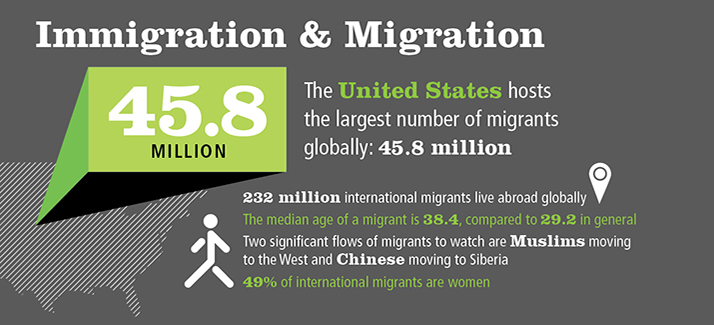In Romans 5:1-11 the Apostle Paul describes a glorious spiritual life. Here are the highlights:
…justified by faith, peace with God through Christ, access by faith into His grace, rejoicing in hope of the glory of God, glory in tribulations, love of God poured in our hearts by the Holy Spirit given to us, God’s love demonstrated toward us while we were yet sinners, now having been justified we shall be saved from wrath, rejoicing in God through our Lord Jesus Christ through whom we have now received the reconciliation.
My question to you is this: Who is this glorious life for?
Most of us would answer: We who believe. But the fact that nearly everyone of us in the church give this wrong answer is perhaps the main reason thousands of people are not discovering salvation in Jesus Christ. As I read the first chapters of Romans, I believe the best answer is: The kind of sinners who don’t deserve it.
The assertion I want to make in this article is this:
The single greatest impediment to the advance of the Christian faith among all peoples is the prideful entitlement of those who already believe — an attitude which results not only in apathy but judgmental exclusion of those whom God loves.
I realize that is a very bold statement, one which I hope to prove. Immediately preceding Paul’s glorious description of life in Christ in Romans 5:1-11, he has laid down four chapters confronting his Jewish readers about their presumption of an inside track on God’s favor. To this group of Jewish insiders, the “Gentiles” or “Greeks” were undeserving outsiders. Paul warns them of this dangerous thinking, correctly teaching that the gospel is for all. The climax in chapter five is that the blessed life in Christ is expressly intended for those who once were outsiders, and whom insiders even to this hour consider unworthy, uninterested, and unreachable.
I cannot speak about the church globally, but my opinion is that the church in America has fallen prey to the mistaken notion of our entitlement just as had first century Jews. We have come to consider ourselves as the insiders and relegated as outsiders a variety of people, such as Arabs, Muslims, lower class, undocumented, gays, disabled, prisoners, refugees, elderly, demented, trafficked and traffickers.
Romans chapters one through four must be studied with new eyes, and must lead us, who consider ourselves to be insiders, to sorrow that leads to repentance. Imagine the joy in the heart of God in these results…
The Arab justified by faith,
the Muslim at peace with God through Christ,
the poor man having access by faith into His grace,
the undocumented rejoicing in hope of the glory of God!
I believe this is the kind of fruit that God desires and Paul wrote about. But we will not see much of this harvest unless we confront our sense of entitlement.
But how do we do that? I will continue this discussion in a future post…..





